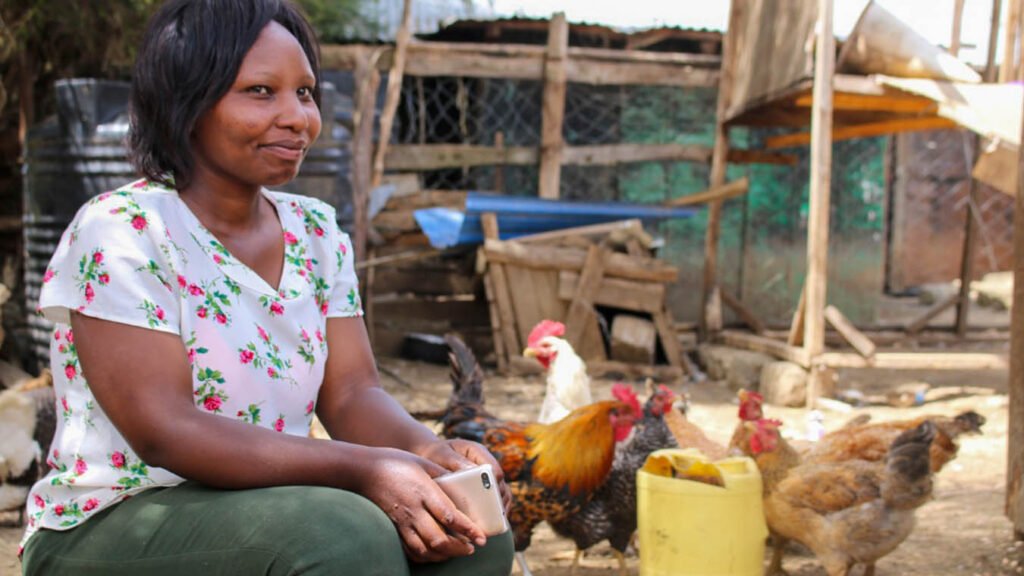Driving Digital Transformation in Agriculture: The Critical Role of Stakeholder Engagement


In an increasingly digital world, the agricultural sector, particularly for smallholder farmers, is facing significant challenges and opportunities. The Digital Services in Agriculture project has been at the forefront of addressing these challenges, ensuring that smallholder farmers are not left behind in the digital revolution. This policy brief highlights the essential role of stakeholder engagement in advancing digital agriculture and bridging the digital divide for smallholder farmers in Kenya.
The agricultural sector in Kenya is a lifeline for millions, especially smallholder farmers, who form the backbone of the country’s food production system. However, the rapid digitization of services has created a significant gap between those who can access and utilize digital agricultural services and those who cannot. This gap, driven by limited access to internet services, lack of digital skills, and a shortage of locally relevant digital content, has left many smallholder far…
Without intervention, these farmers could remain trapped in a cycle of unsustainable agricultural practices, unable to leverage the benefits of digital tools that could enhance their productivity, resilience, and livelihoods. The Digital Services in Agriculture project addresses this urgent issue by advocating for comprehensive stakeholder engagement and support.

The policy brief underscores the importance of bringing together a diverse range of stakeholders—platform providers, internet service providers, digital skills trainers, local content creators, and policymakers—to create a cohesive strategy for digital agricultural transformation. Each stakeholder plays a critical role:
The policy brief from the Digital Services in Agriculture project is a clarion call for action. It highlights the need for a coordinated effort among all stakeholders to ensure that digital agricultural services reach the farmers who need them most. By focusing on local stakeholder engagement, the project aims to bridge the digital divide, empowering smallholder farmers with the tools and knowledge they need to thrive in the digital age.
This initiative is not just about improving agricultural practices; it’s about transforming lives. By enhancing food security, creating jobs, and improving livelihoods, the Digital Services in Agriculture project is helping to build a more resilient and inclusive agricultural sector in Kenya.
This blog post is based on the “Stakeholder Engagement and Support to Fan Digital Agriculture for Smallholder Farmers” policy brief, prepared by the African Centre for Women, Information and Communications Technology (ACWICT). The policy brief was published in March 2024.
Busia, Kenya – H.E. the Governor of Busia County today led the official launch of the Inclusive Digital Futures (IDF) Project at […]
The digital drums were beating, and the energy was electric as four visionary counties—Wajir, Garissa, Elgeyo-Marakwet, and Turkana—joined forces with ACWICT to […]
The African Centre for Women, Information and Communications Technology (ACWICT) has proudly announced its certification from NGOsource as equivalent to a Certified […]